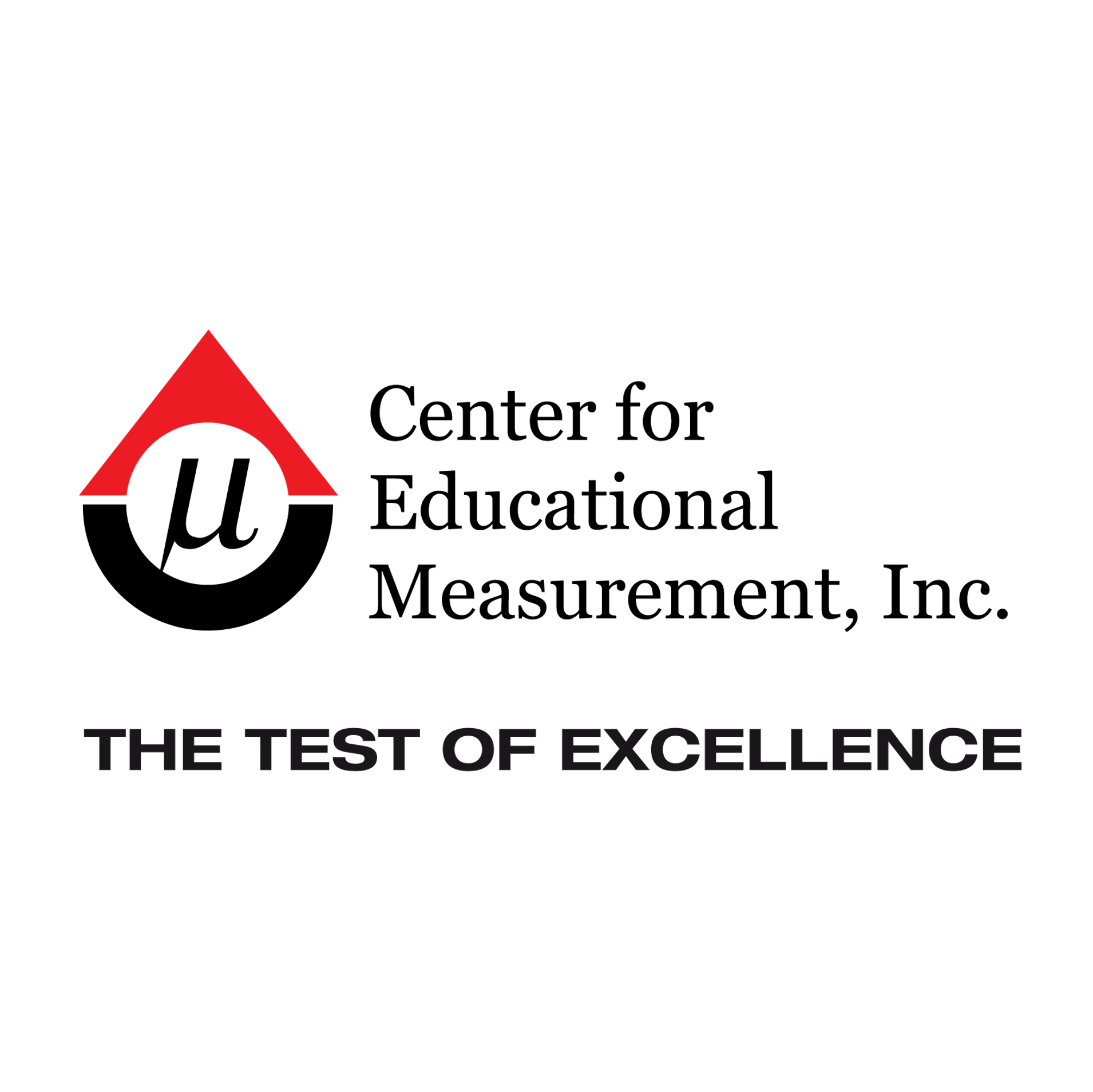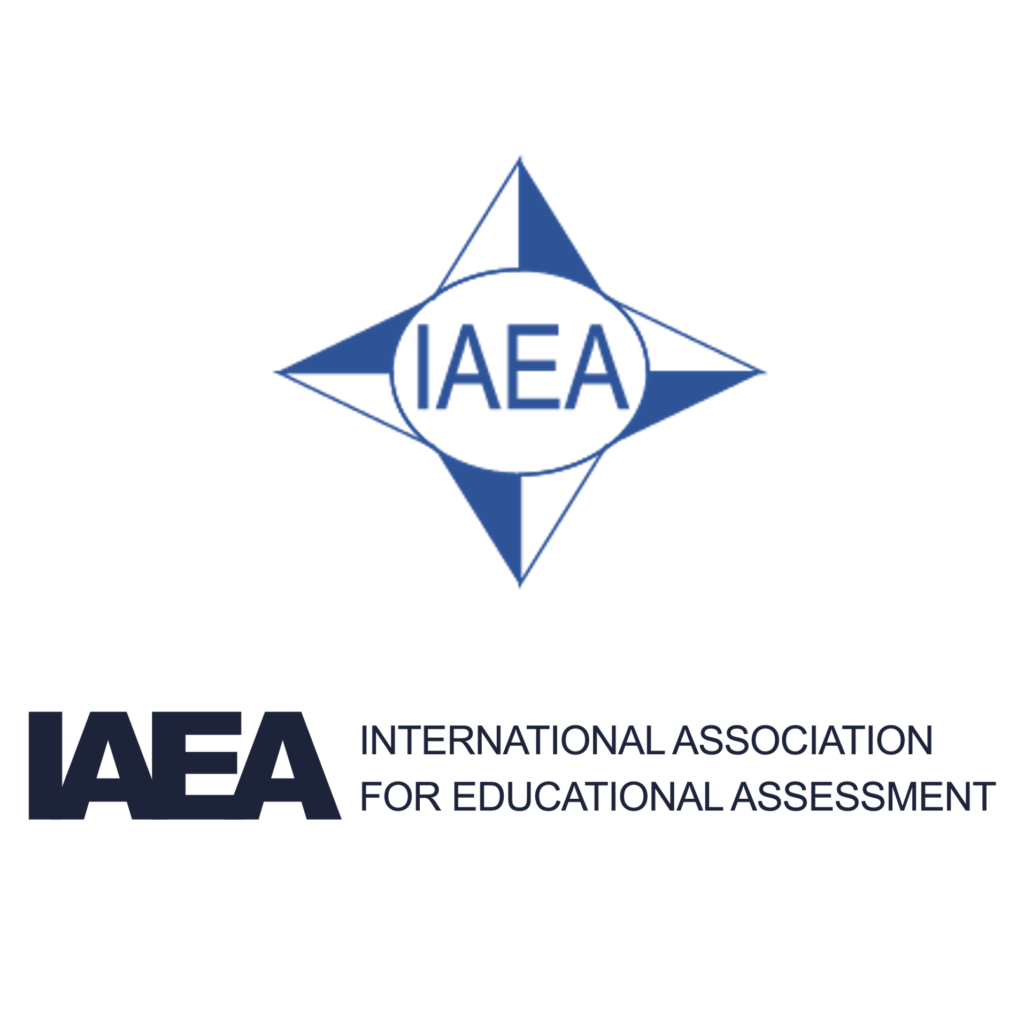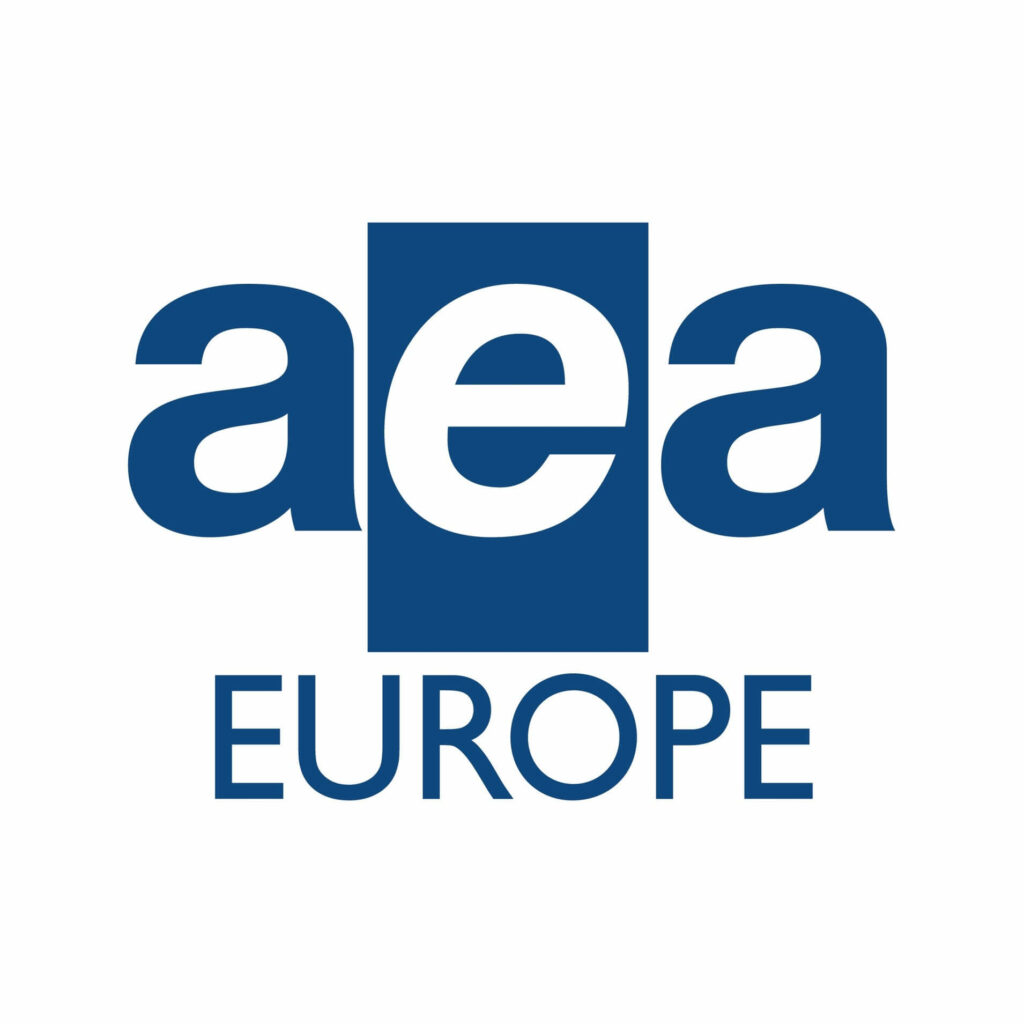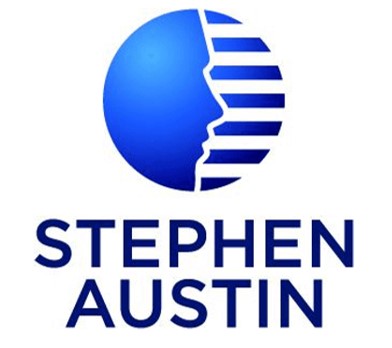What is ‘modularity’ in the context of assessment?
A modular tech infrastructure makes use of a range of integrated platforms to help awarding organisations run their business processes.
This is different to using end-to-end systems where all activities are managed in one system.
Assessment organizations often have a wide and complex range of responsibilities, from initial authoring through to delivering results. It is therefore becoming more common for them to use a range of specialized tools to support each particular area of their work.
In the following article Shaun Crowley from GradeMaker explores the benefits of this approach.
How does a modular approach help awarding bodies to navigate change?
Imagine: You recently invested in a new end-to-end online assessment system. Your new supplier has best-in-class marking and reporting tools. The authoring tool wasn’t as intuitive as others, but this was a compromise you were willing to make at the time.
Fast forward just a few years.
New advances in AI now enable automated marking of questions that were traditionally human marked.
No one thought this was possible two years ago. You want to move to the new system, but there’s no easy way to transfer your exam data across.
The workarounds your team introduced to overcome deficiencies in the incumbent authoring tool have been cemented into your current processes, making change difficult. You are forced to continue with your aging tech.

This is just one way that you could become locked into an out-of-date system as technology advances.
How do you know you are investing in the right technology if you don’t know what advances lie around the corner, or how they might disrupt your operations?
What factors might impact your assessment operations?
Only last year the above scenario would seem far-fetched. But in the space of a few months since the release of ChatGPT in December 2022, some assessment tech providers are already looking at how AI could revolutionize exam marking.
The tech decisions you make now might have to be reversed in the near future, simply because of changes in requirements. Those changes may be driven by new government policy, commercial pressures, socio-economic factors, or even globally disruptive events such as pandemics.
Then, there are unforeseen requirements that become more important as online testing scales up. For example, accommodations for SEN have long been a key consideration for exam developers. But as more national tests go online, some teams are discovering that the test delivery system they procured a few years ago lacks the native accessibility controls they now require, features that are included in new systems coming onstream now.
What does this mean for your assessment tech procurement?
Here are three recommendations for approaches which will support more flexibility in your future operations:
Adopt Cloud-Based Technology
Your technology must be flexible.
If you procure codebase and host a system within your organization it will be very difficult and expensive to maintain, let alone modify.

In contrast, cloud-based platforms offer agility, scalability, and are constantly enhanced without costly and disruptive upgrades. It may be reassuring to know for assessment providers that cloud-based solutions now offer tighter security management than local hosting, which is covered in more detail here.
Consider your Authoring Tech First
The way you deliver your exams may change over time, but the way you author them is likely to stay fairly constant.

Since you don’t want to change your authoring system every few years, it’s a good idea to tender for separate authoring software.
This is important for two reasons. Firstly, your ability to innovate in test delivery is partly determined by your ability to produce test content more efficiently and hold it in a flexible format. Specialist authoring software allows you to do this better.
Secondly, it’s likely you will be running multiple workstreams as you transition to new delivery methods. A single method of authoring – used for print and online tests – means you can direct more operational focus on the delivery side.
Adopt a Modular Technology Stack
It’s worth mentioning this again: flexibility is key to an assessment system which will be adaptable to change.
That’s why it’s advisable to distribute your service among multiple ‘best in breed’ suppliers, each specializing in a particular part of the service chain — and joined together through a shared data transferal standard.
Some IT departments may regard this as a headache. More suppliers mean more supplier management, with no one taking overall responsibility for the end-to-end service.
But the implications of not ‘modularizing’ your tech stack can be far worse down the line when you are locked into a single service that requires updating. And even worse when you switch suppliers, as this inevitably means migrating legacy content, candidate data, and processes from one system to another.
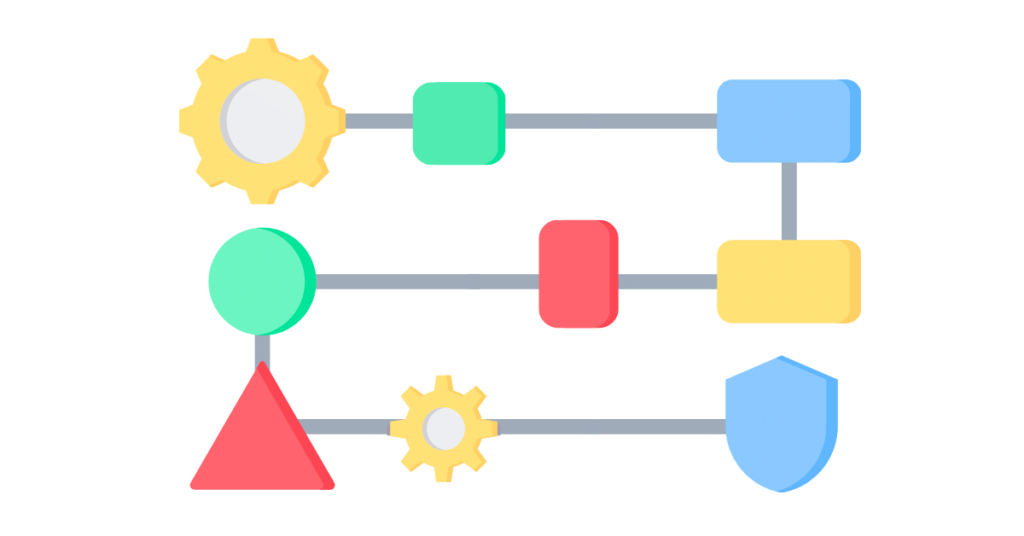
Moreover, the benefits of a modular system far outweigh the convenience of having a single vendor to work with, particularly if you are likely to be developing tests at scale in the future.
If a particular component no longer offers good value compared to newer systems, it can be swapped with minimal disruption and cost. If you wish to trial a new test player for a new product running in parallel to your existing systems, just connect it to your existing authoring component.
Summary
At GradeMaker, we have seen first-hand from working with our clients that a modular infrastructure provides the flexibility needed for forward-thinking assessment providers. Modularity can do the following:
- It gives you the agility to experiment with new advances in technology or change direction quickly if needed.
- It improves operational efficiency, significantly reducing the time spent on workarounds needed because your requirements change faster than your tech.
- Most importantly, modularity allows you to put more operational focus on what you do best as an assessment provider: delivering high-quality, valid and reliable assessments.
See how we can support you to do all this with quick demo from one of our friendly team members.
Shaun Crowley
Shaun is Head of Sales and Marketing at GradeMaker, helping assessment providers to improve the quality, efficiency, and security of their exam operation.
Prior to joining GradeMaker Shaun worked in educational publishing and was responsible for introducing international qualifications, curriculum services and resources to schools around the world.
Our Customers





